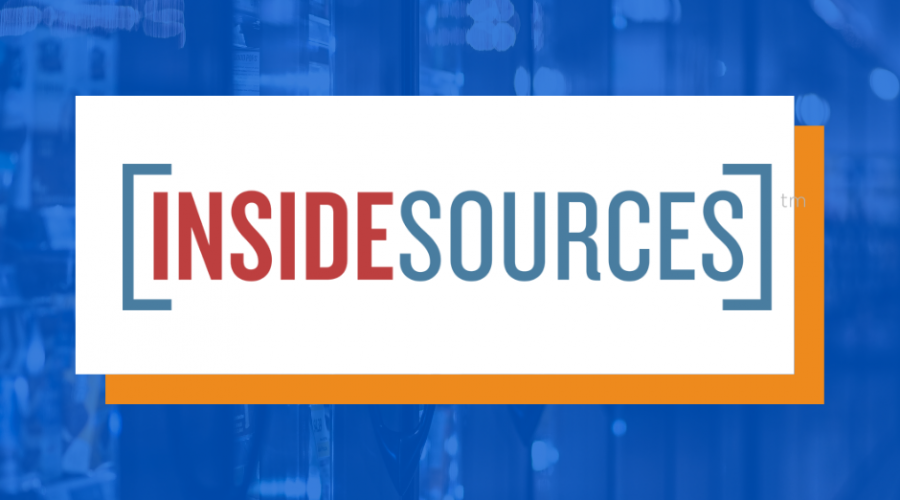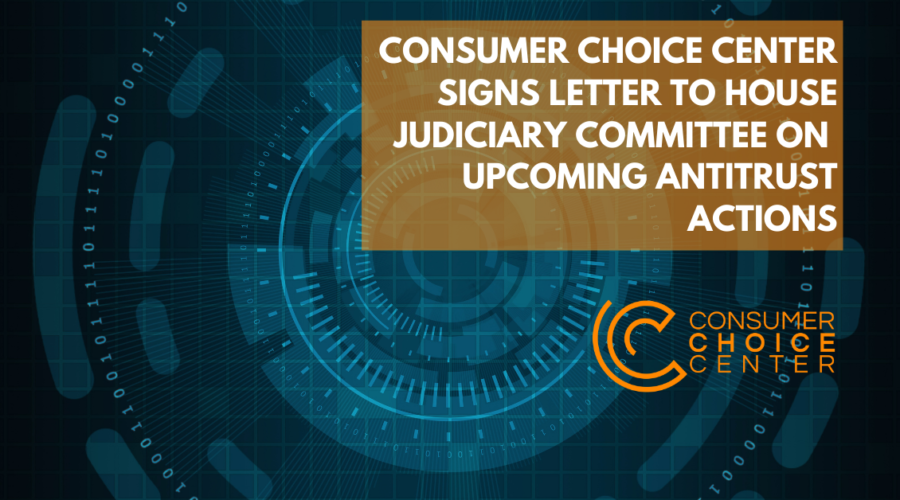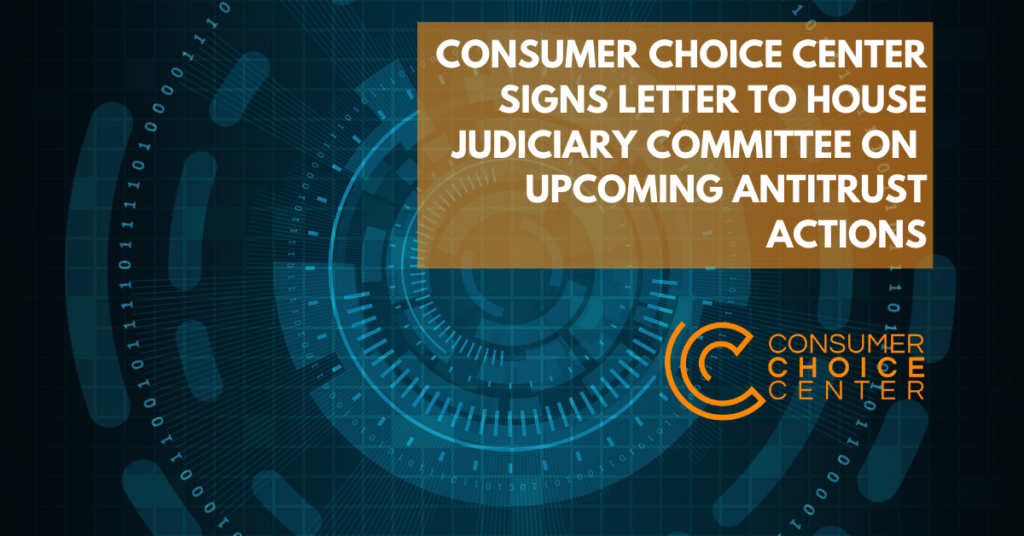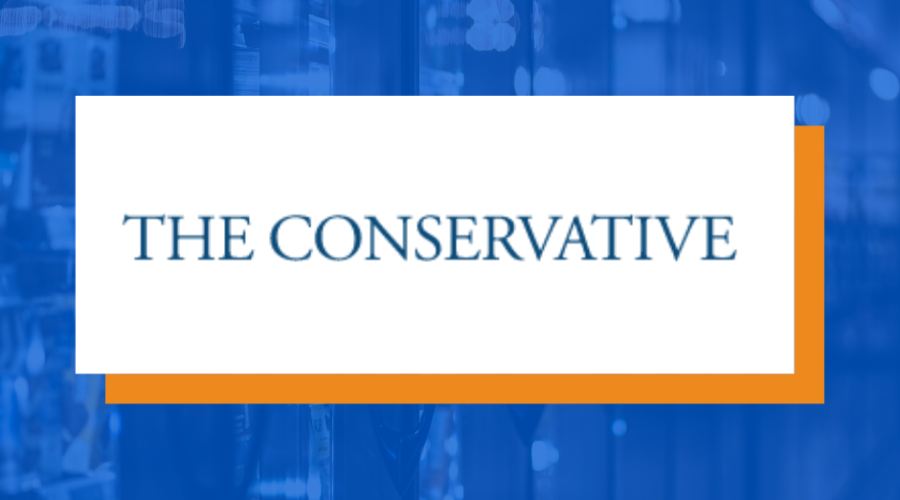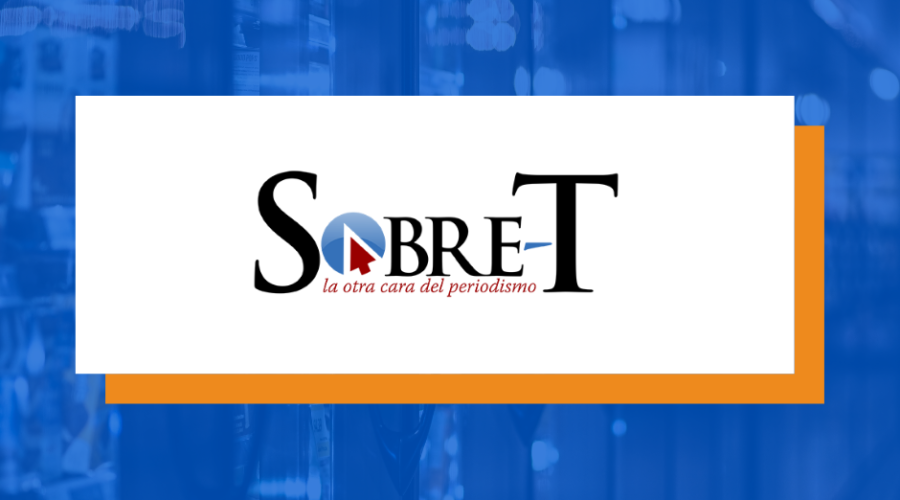The arguments for and against universal chargers
European Commission pushing to establish USB-C as standard for all phones
The European Commission is under fire from tech giant Apple after unveiling plans to make USB-C connectors the standard charging port for all phones and small electronic devices sold across the EU.
The bloc’s executive body “believes a standard cable for all devices will cut back on electronic waste”, reported France 24. But Apple and other critics argue that “a one-size fits all charger would slow innovation and create more pollution”, the news site continues.
The new rules could “affect the entire global smartphone market” if approved by the European Parliament and member states of the EU, which is home to more than 450 million people including “some of the world’s richest consumers”.
Read the full article here


